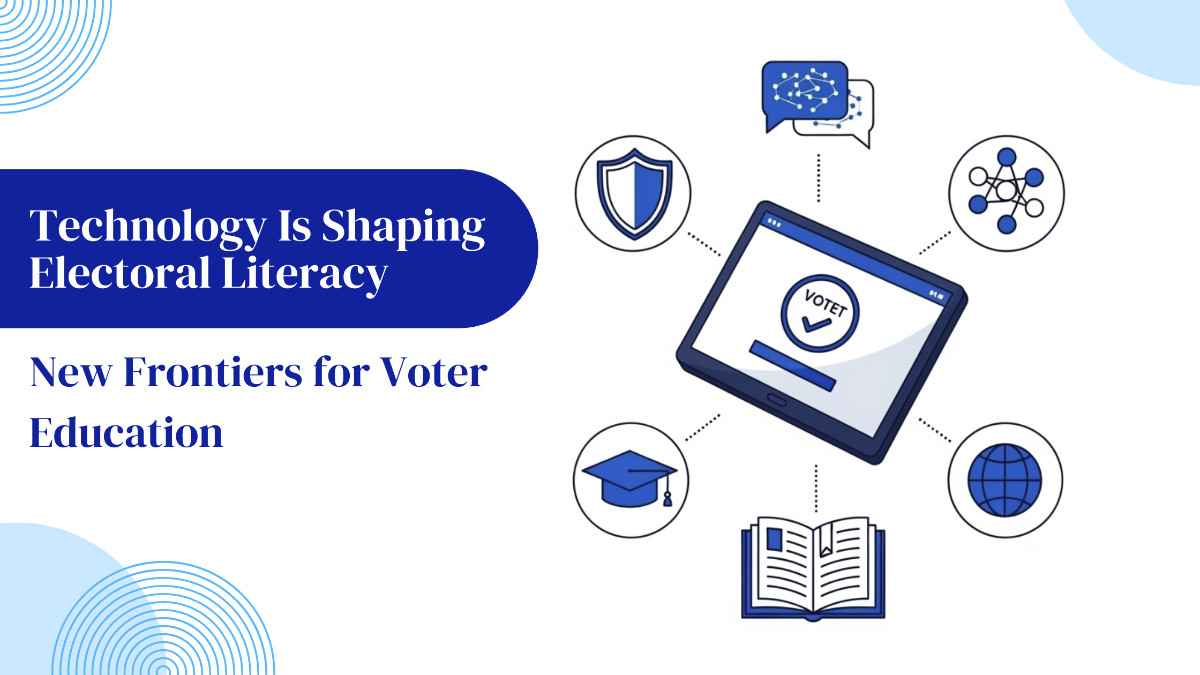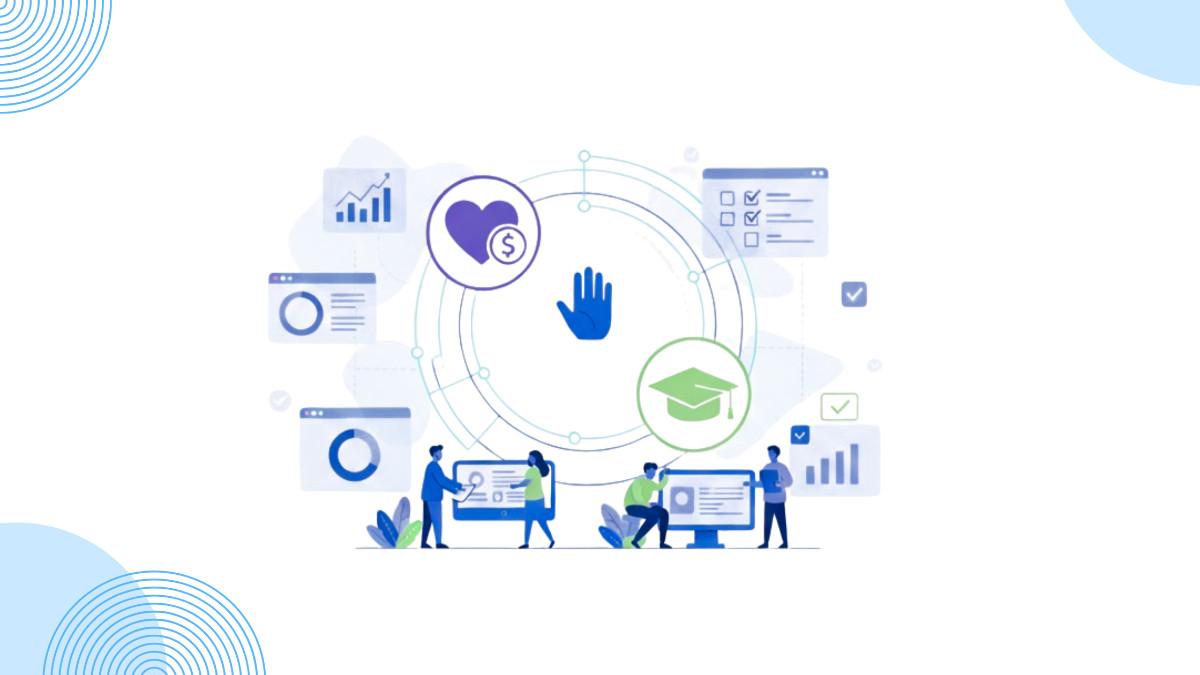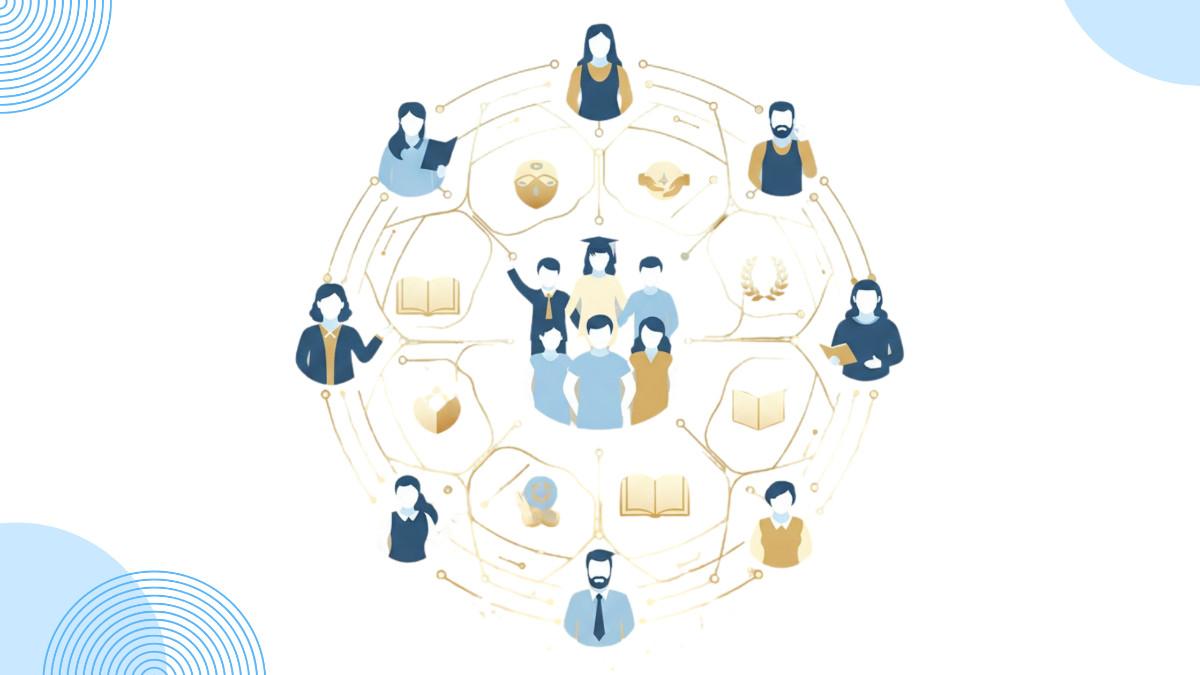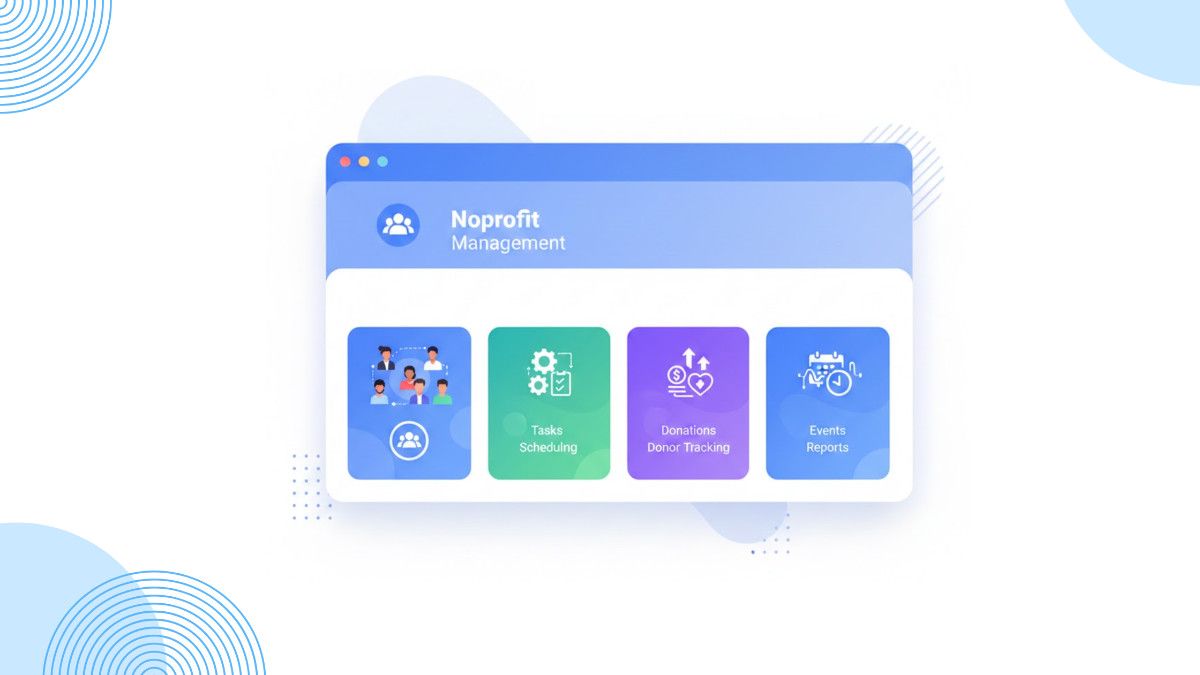How Technology Is Shaping Electoral Literacy
Discover how technology is transforming electoral literacy and empowering citizens through inclusive voter education.

Technology is transforming voter education in India by making it more personalized, interactive, and year-round. From AI-driven content and digital simulations in schools to secure e-voting systems and social media outreach, digital tools are empowering citizens to become informed voters—beyond just election season.
Did you know?
As digital tools become central to voter education, they also expose citizens to new risks.
Research from MIT Media Lab
shows that during elections, misinformation spreads 70% faster than facts on social media.
This makes it more important than ever to equip voters with the skills and tools to critically evaluate what they see online.
With growing reliance on digital tools like the electronic balloting system, it’s essential to equip citizens to navigate both opportunity and misinformation
Introduction
What it is to be an “informed voter” has changed. Those are not the days when voter education was limited to pamphlets or per-election campaigns. In the digital-first world, electoral literacy is an all-year-round, technology-driven process—one that aims to not just inform, but to empower.
From AI-driven personalized learning for all citizens, to classroom clubs at the neighborhood level simulating elections, we see citizens’ learning and participation with democracy being revolutionized. It is becoming more interactive and accessible than ever before to train voters, due to technology.
New Frontiers for Voter Education
Technology is reshaping how voters are educated—offering smarter, personalized, and scalable learning formats.
Intelligent, Digitally-First Learning Experiences
- Social media platforms such as WhatsApp, Instagram, and X (formerly Twitter) are being leveraged to share election news, describe voting procedures, and fight disinformation. Civil society groups have constructed campaigns wholly on digital storytelling and citizen fact-checking for the majority of African and Asian nations.
- Artificial Intelligence allows voter education to go beyond one-size-fits-all communication. It delivers information that is specific to a voter’s geography, language, age, and civic history. A young university student, being a first-time voter in a metro, can be offered EVM and ethical voting information, while a rural village voter can be offered voice-enabled voting advice.These AI systems can also deliver personalized candidate information for voters, helping them make informed decisions
- AI tools and automation are being used to scan, mark, and censor the dissemination of false political messages before they have any hope of taking hold. Disinformation is not a pest—it’s a danger to democratic engagement.
Ground-Level Effect: Schools, Colleges & Communities
One-time campaigns no longer work. Civic education must continue between elections to foster meaningful engagement.
Learning by Doing: The Genesis of Electoral Literacy Clubs
India has been at the forefront in its Electoral Literacy Clubs (ELCs) – school and college initiatives where students become actively involved in the practice of democracy through simulation. The clubs organize mock elections, debates, and campaigns that render elections less enigmatic and enhance moral engagement.
The approach provides a valuable paradigm shift: voter education as practice, not preachment. If young people practice the democratic process, they don’t simply learn it—though they do, of course—because they learn to cherish it.
Many of these simulation-based learning also prepare students for future civic roles, including association voting or university council elections.
Awareness Towards Long-Term Engagement
Nowadays, most election commissions are adopting away from sporadic once-a-five-year campaigns to year-round civic education.
- Interactive games,
- Story-driven videos,
- Podcasts, and
- Virtual discussions
are being employed year-round to create confident, informed, and responsible voters. They aim to usher in a generation that not only gets voting but sees it as a life obligation.
Technology in the Voting Booth
The rise of the online balloting system is making elections more inclusive, accessible, and verifiable—especially in education institutions.
Quick Reflection
Which of these feels most important to you when voting?
Voting itself is becoming more secure, efficient, and accessible thanks to modern innovations.
Electronic Voting Infrastructure
In universities and local governments across the globe, the shift to e-voting machines is underway. In universities such as Lagos State University, e-voting and web-based poll books have streamlined the voting process—removing errors, removing malpractice, and encouraging improved turnout.
Many digital platforms now include features like eBallot login and evoting apps to offer secure, user-friendly voting interfaces
Innovation and Inclusion
One of the most exciting promises of technology-based voting is taking everyone along. Poor and rural areas are trying to bring digital reach, empower, and provide voting machines in the local language. Technology, if used wisely, can be an equalizer—not just an enhancer.
That’s why creating an accessible and localized voting system is just as important as the tools themselves.
Chances and Warnings Ahead
As we innovate, we must also be vigilant. Tech brings new responsibilities along with new possibilities.
- Closing the Digital Divide:Disadvantaged groups still risk being left behind despite digital progress. To ensure equity, governments and institutions must provide hardware, develop local content, and deliver digital skills training.
- Constructing Voter Confidence: Authorities must ensure election technology is secure, verifiable, and transparent. Certifying e-voting machines and enforcing strong monitoring protocols helps build voter trust.
- Executing AI Ethically: To prevent manipulation and profiling, policymakers must govern AI with clear ethical frameworks. Transparent systems and independent regulatory bodies should oversee implementation.
Conclusion: Democracy and Innovation
The way we fall into the habit of voting is evolving, and it’s for the better. Technology is dismantling citizenship barriers and converting passive citizens into active voters.
But it’s not just a matter of getting used to new tools. It’s about making the tools available to all—urban or rural, young or old, digitally born or otherwise.
As we stride toward a more digital democracy, electoral literacy needs to be founded on trust, participation, and empowerment.
Because at the end of the day, it’s not about voting—it’s about knowing its power.
Frequently Asked Questions (FAQs)
Electoral literacy is the knowledge and understanding that helps citizens make informed decisions during elections. It includes knowing your rights, understanding how voting works, and recognizing credible information sources.
An Electoral Literacy Club (ELC) is a group formed in schools, colleges, or communities to promote voter awareness through activities like mock elections, debates, and discussions, especially for young and first-time voters.
Voter education can be integrated through civics lessons, hands-on ELC activities, digital modules, and awareness campaigns that teach students the importance of participating in a democracy.
SVEEP is the Election Commission of India’s outreach initiative to educate voters. It uses media, community events, and institutional collaboration to promote voter registration and participation.
With a vast and diverse voter base, electoral literacy in India ensures that citizens understand their democratic rights, participate ethically, and help uphold the integrity of elections.
To start an ELC, collaborate with your local electoral office, nominate student and teacher coordinators, and organize activities using materials from SVEEP or ECI’s official portals.
Let’s discuss the idea
Join hundreds of companies transforming their corporate communities with Almashines






